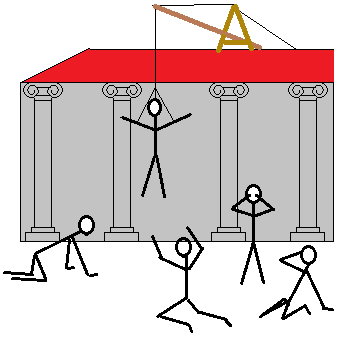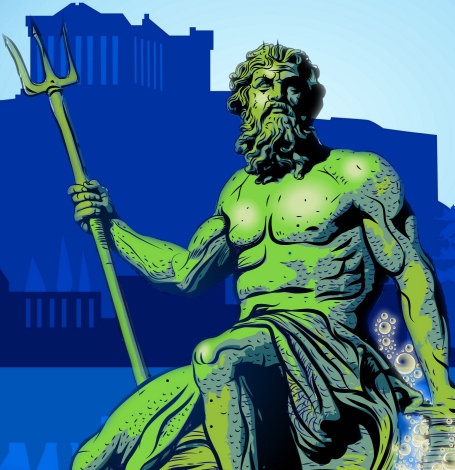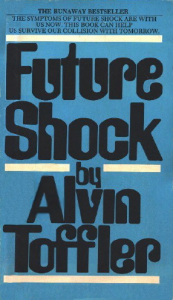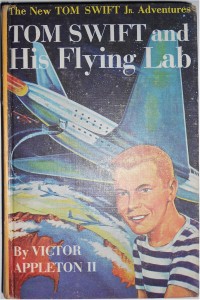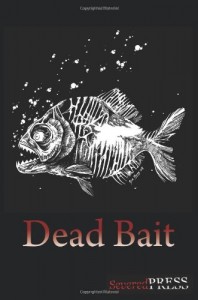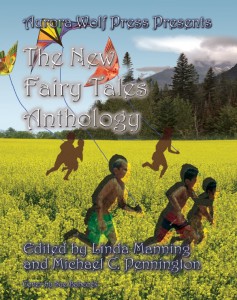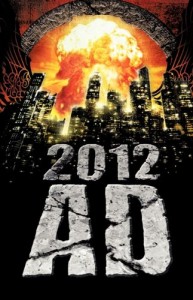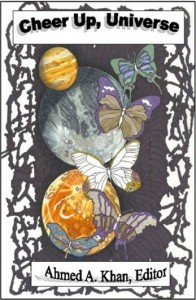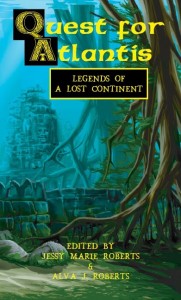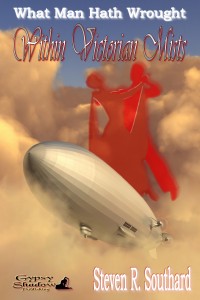Every topnotch website offers a FAQ page. I’d like to add one to this website, but, frankly, you fans haven’t held up your end of the deal. You haven’t asked me enough questions to count any as ‘frequent.’
However, I can ask myself questions, and even answer them. (Hmmm…Do you suppose that’s what’s really going on with most FAQ lists?)
Here’s my list:
Q: Who are you?
A: I’m Steven R. Southard, stirrer of imaginations, weaver of yarns, and your tour guide for grand adventure.
Q: Why would I want to buy your books?
A: To satisfy a yearning in your soul, to complete the missing puzzle piece of your life, and to immerse yourself in amazing new worlds.
Q: What do you write?
A: Science fiction, often inspired by my time as a submariner and engineer.
Q: Why do you write?
A: To let the stories out and keep them from piling up inside. My skull can only stand so much pressure.
Q: What do you typically write about?
A: I enjoy problem-solving and technology. Most often, my characters face complex challenges and must grapple with strange and unproven technologies.
Q: Why do you call yourself Poseidon’s Scribe?
A: It fits me, and attracts a bit of attention. How do I know that? It made you curious enough to ask the question, didn’t it? For a more complete answer, see this blogpost.
Q: What authors inspired you?
A: Readers of my blog know my top answer—Jules Verne. Following him, I’d add Robert Heinlein, Isaac Asimov, Arthur C. Clarke, and Ray Bradbury.
Q: Do you write anything other than short stories?
A: So far, you can only buy my short stories. In the near future, I hope to get some novels published. I dabble in poetry, but only for fun.
Q: Do you have any upcoming book signings, readings, or convention appearances?
A: They’re less frequent than I’d like. I’ll create a Schedule page on this site for that, and make every effort to update it.
Q: What contemporary authors write stories like yours?
A: In terms of story subjects, not literary skill, I’d say Eric Choi, Ray Nayler, and Allen Steele.
Q: What are you working on now?
A: Two novels, a travel book, and two poems. In other words, too much.
Q: I’ve got a sure-fire idea for a story you should write. How do I contact you about putting it into words to finish it up?
A: Tell you what (and I don’t offer this deal to everybody)—if you write the story, I’ll let you take full credit and you can pocket all the resulting royalties.
Few people have asked me any of those questions, so they qualify as ‘infrequently asked.’ I’m certain I failed to ask or answer your most pressing question, so feel free to leave a comment and fire away. Remember to address your inquiry to—
Poseidon’s Scribe

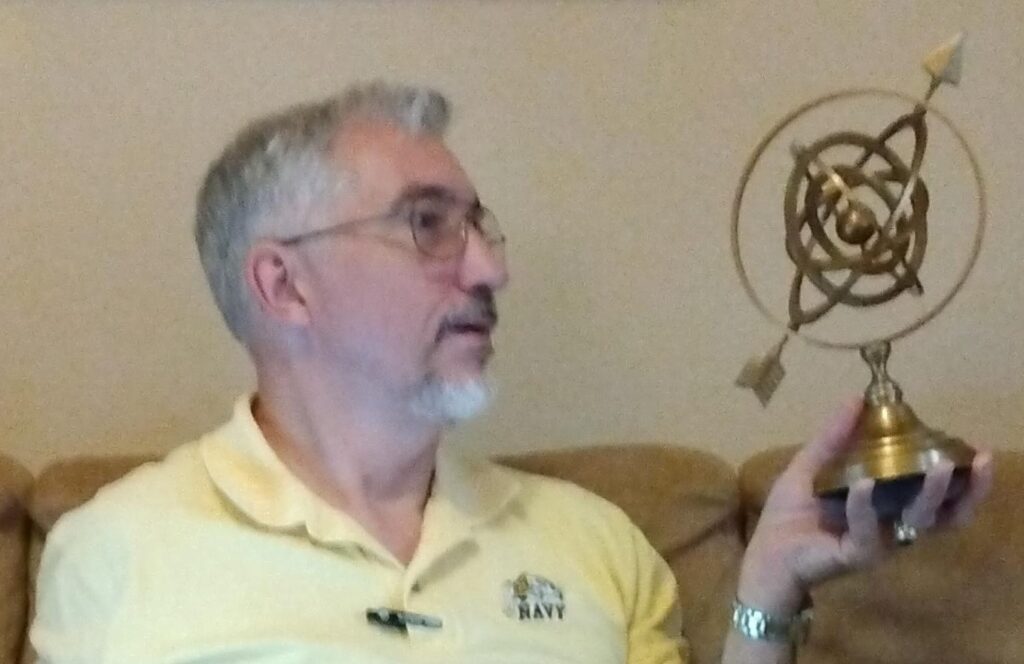
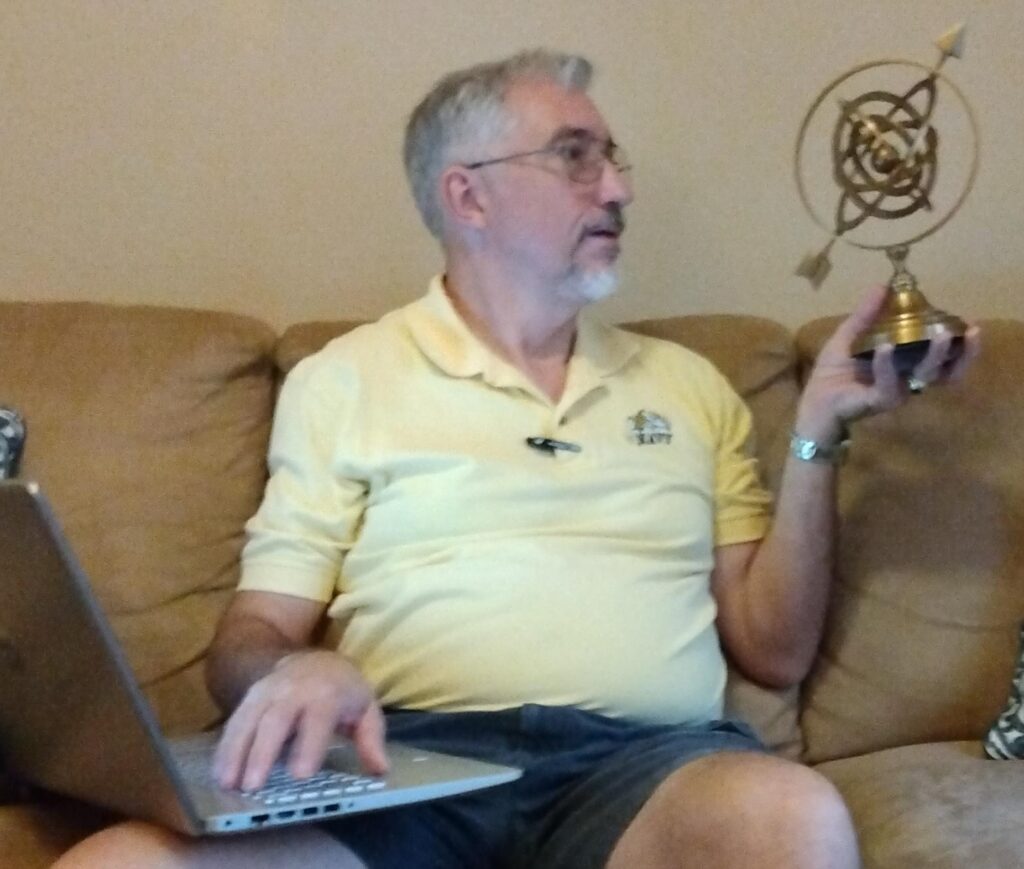


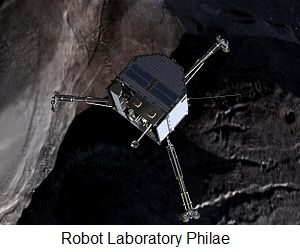 They claim this will be the first time a human-built spacecraft has landed on a comet.
They claim this will be the first time a human-built spacecraft has landed on a comet.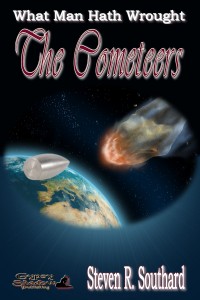
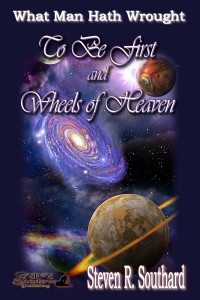
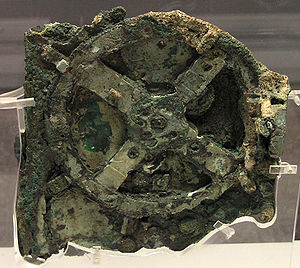 It’s a fascinating machine, advanced well beyond what anyone gave the ancient Greeks credit for. Moreover, until x-ray tomography was conducted on the device in recent years, no one knew what it was for.
It’s a fascinating machine, advanced well beyond what anyone gave the ancient Greeks credit for. Moreover, until x-ray tomography was conducted on the device in recent years, no one knew what it was for.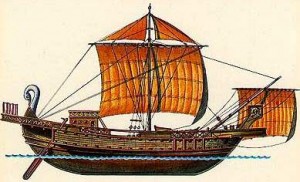 When research revealed the wreck to be a Roman merchant ship, I checked out what those ships were like. They differ from trireme warships in interesting ways. The carved neck and head of a swan which I describe in the story was actually a common feature of these ships.
When research revealed the wreck to be a Roman merchant ship, I checked out what those ships were like. They differ from trireme warships in interesting ways. The carved neck and head of a swan which I describe in the story was actually a common feature of these ships.